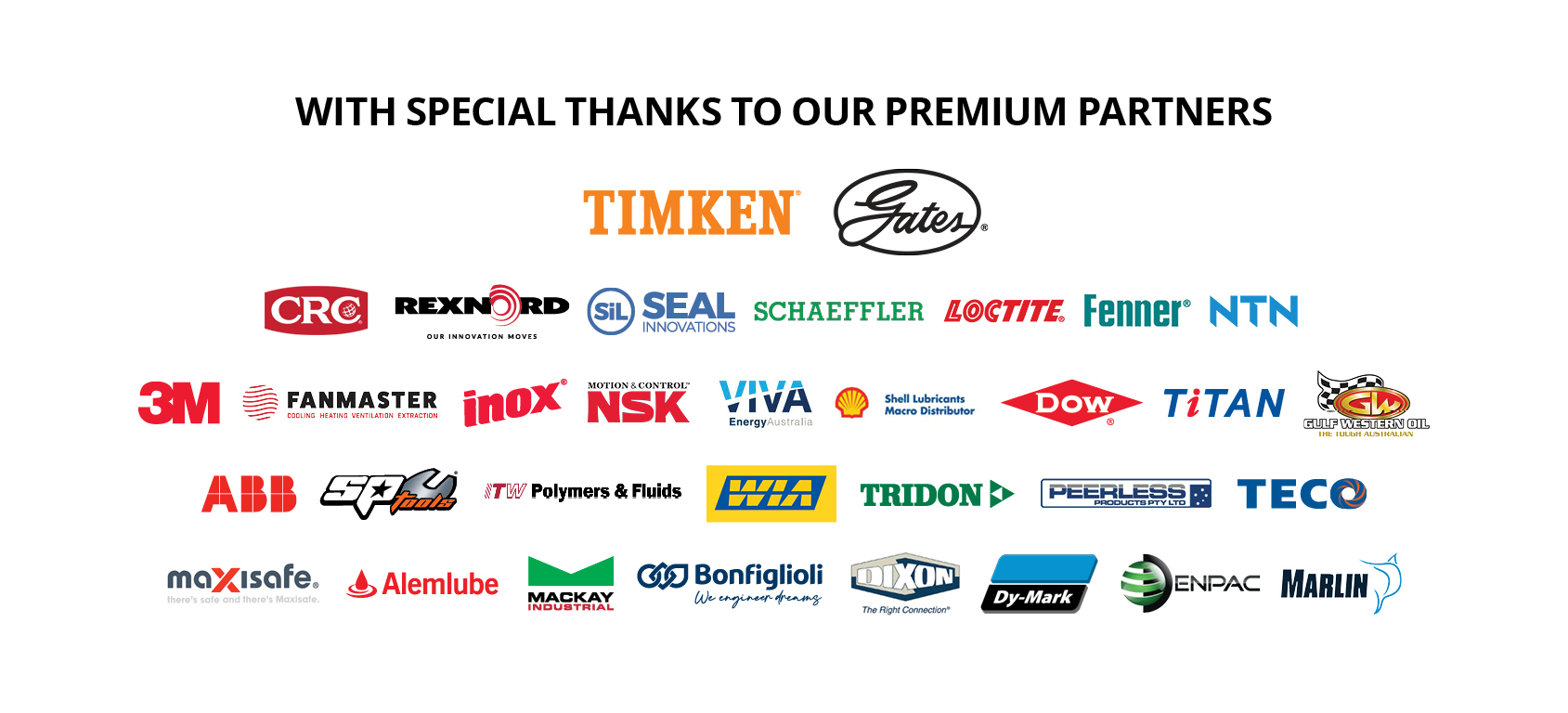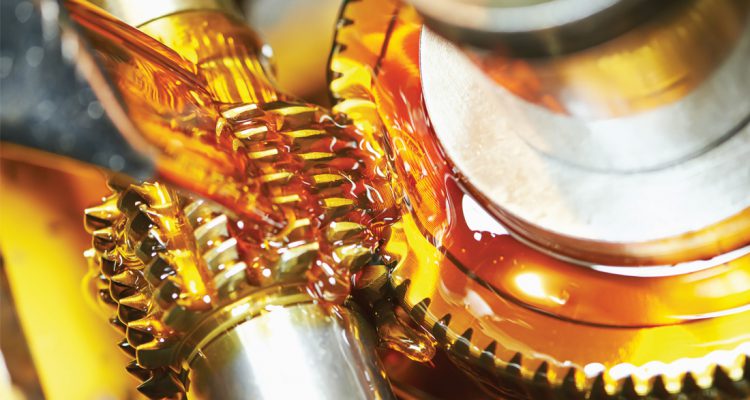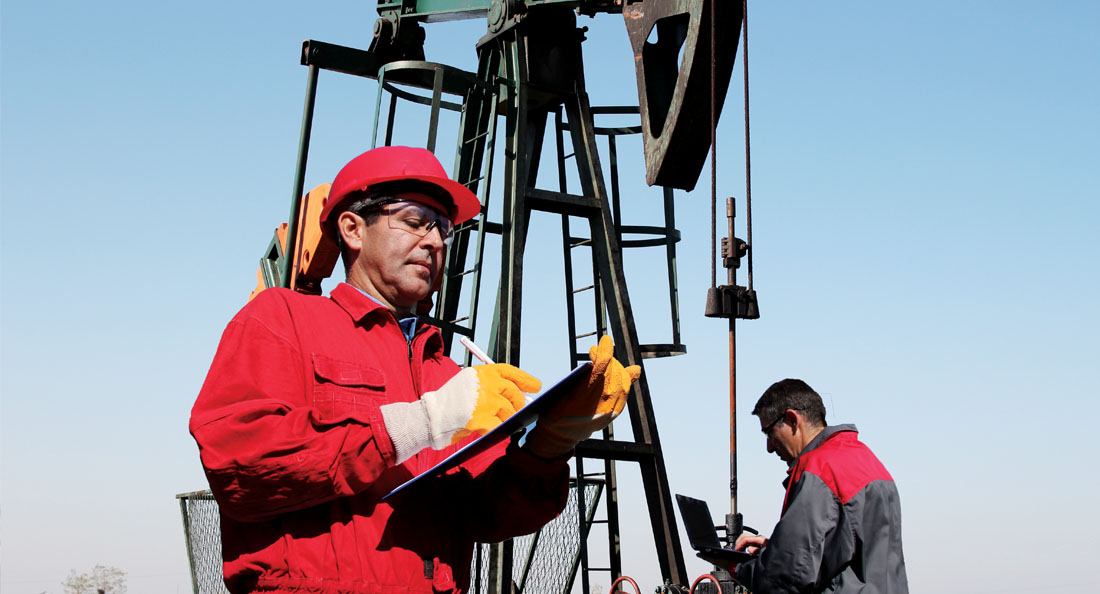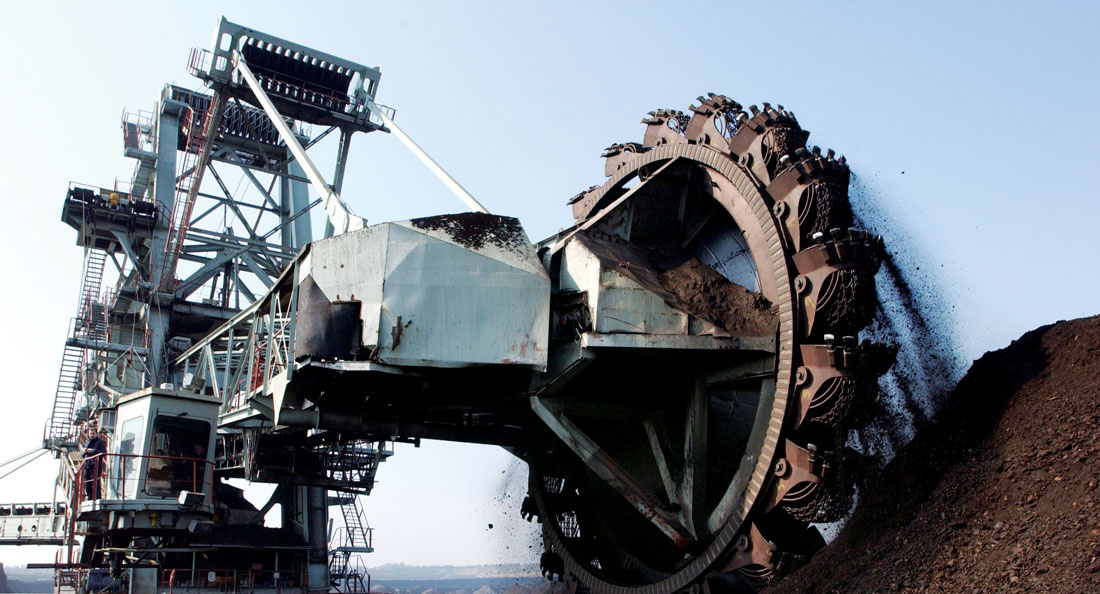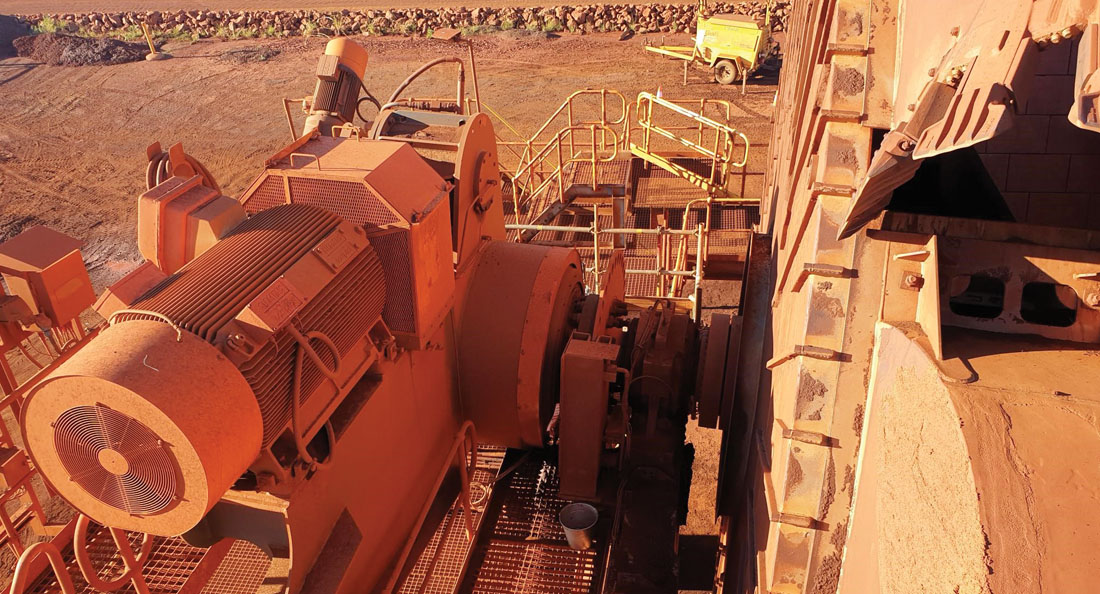All recycling plants, whether they deal with metal, glass or pulp and paper processing, have one thing in common: they all need quality lubricants to keep their systems running reliably and efficiently.
Understanding the importance of a comprehensive lubrication solution for recycling plants, CBC Australia has partnered with Viva Energy to offer a wide range of premium Shell lubricants to customers across Australia.
CBC’s National Product Manager for Lubricants, Steve Keown, says easy access to Shell’s comprehensive portfolio of oils and greases for hydraulic parts, gears, heavy duty diesel engines and turbines is an attractive offer for their customers, especially given their global strength.
“It is an attractive option for our customers to work with a single brand that offers such an extensive product portfolio than to work with multiple brands. It reduces the number of products they need on-site and makes managing their lubrication store so much easier,” says Keown.
One issue that plant managers and Original Equipment Manufacturers (OEMs) currently face is having to deal with multiple brands of lubricants that are specified for each piece of equipment. This can lead to confusion on their part, particularly in a scenario where there’s been a change of staff or if the inventory is not managed properly.
“One site we surveyed had 14 brands of lubricants on-site. Some products had been there for more than a decade and most of the products were well past their shelf life,” Keown says.
As part of its offering, CBC appoints local teams to work closely with their customers to assess their current lubricant scenario and provides recommendations on how to rationalise the number of different products that they are using. They can also complete the necessary testing to ensure that all lubricants in use meet the relevant industry standards.
Shell’s LubeAnalyst service is a lubricant health check available to customers who want their oil samples tested to monitor equipment and lubricant health. CBC’s services also include cataloguing the current lubrication store to present a new, high quality lubrication program. The team can also assist with recommending solutions to better handle lubricant deliveries and provide the necessary recovery equipment and spill kits. If commissioned by customers, CBC can further carry out a plant survey to identify all areas for improvement, such as the use of wrong or duplicate products.
In addition, the CBC engineering team can provide preventative maintenance programs. These may include scheduled lubricant sampling, oil and vibration analysis and mapping normal levels to identify red flags before any major failure occurs.
“This could save the customer from minor inconveniences as well as significant downtime with major component failures. Some of these plants use bespoke parts that aren’t sitting on a shelf somewhere. Should something unexpected occur, the team can conduct a root cause analysis,” he adds.
Viva Energy Lubrication Expert, Paul Smallacombe, explains why it’s particularly important for recycling plants to use premium lubrication products.
“Waste recycling systems often place excessive load and temperature stress on the lubricants used. Using quality lubricants that are designed for the specific applications helps reduce the operating temperatures and extend the machine’s life. A prime example of this is Shell Tellus S2 MX 68 hydraulic oil that resists breakdown under heat or mechanical stress and helps in preventing damaging deposit formation, therefore extending the operating life of machinery,” he explains.
Another objective in planning the best lubrication program for a recycling plant, Smallacombe says, is to extend oil drain intervals.
“Operating costs are always at the top of a plant manager’s mind. Using lubricants with longer service life ensures less downtime and therefore more efficient operation. For example, one of our customers was able to double their oil drain interval after we introduced them to the correct Shell product.”
To help customers identify the most suitable lubricants, Smallacombe and the Viva Energy technical team work closely with CBC and their customers to share their expertise.
“There are a number of less reputable lubricants in the market that do not meet the industry standards and have not received the necessary approvals. But their advertisements use terminologies that can be misleading for customers. This creates the additional risk for a customer to lose their warranty on certain machinery if they use an unapproved product,” he said.
“Through our oil testing services, we can establish how equipment is operating with a certain lubricant. If necessary, we can trial a higher tier product for the customer and report the results after a second analysis.”
